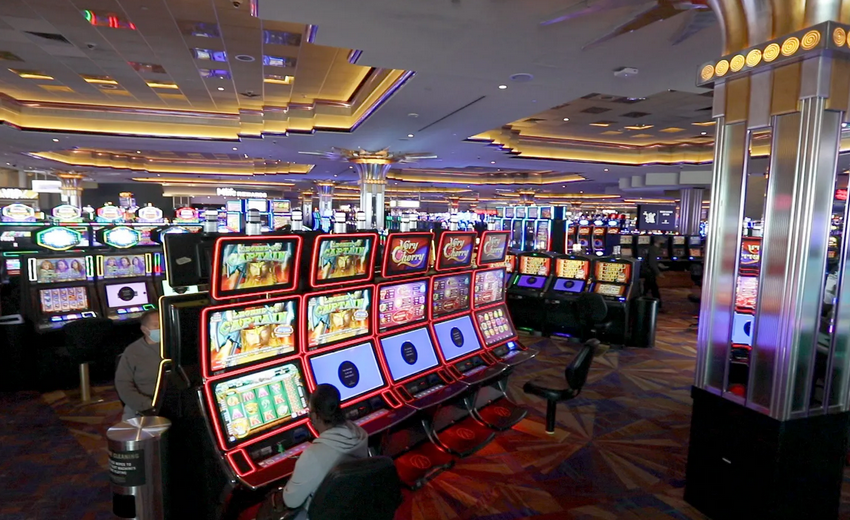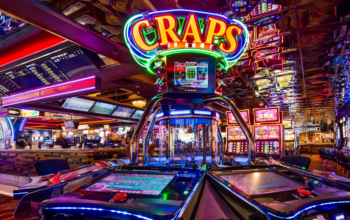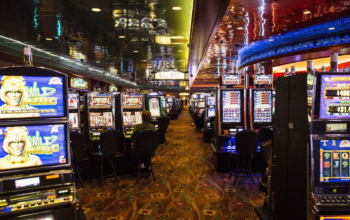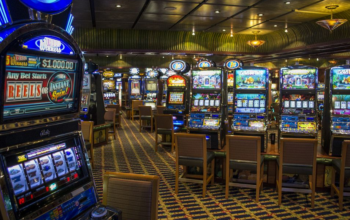When you play jackpot slots, the amount you can win is far more than you would normally receive by matching symbols on a payline. The reason for this is that a portion of each bet is contributed towards the jackpot prize. This means the overall return to player (RTP) percentage is lower than with other slot games. However, for those who dream of big wins, this is a small price to pay.
Some jackpots are fixed, while others have a meter that grows progressively higher as players play the game. The meter can be triggered by activating a bonus round, collecting specific symbols, or just at random. These jackpots tend to be smaller than fixed ones, but can still add up quickly.
Generally, the larger the jackpot prize, the harder it is to hit. This is because there are more possible combinations on the screen, and each combination has a different probability of hitting. With electronic machines, this problem is somewhat lessened as symbols are weighted differently than they were on mechanical machines. For example, low-paying symbols have more “stops” than higher-paying ones, and these stops occur at a much lower rate. This makes it easier to line up these symbols.
In addition, a jackpot can be won by playing a particular machine, or by betting the maximum amount possible on that particular machine. While it is not impossible to win a jackpot on any machine, you will have a greater chance of winning if you play one with the highest payouts.
The biggest slot jackpot winners have won millions of dollars. Some of these jackpots have come from one single spin, while others have been won over the course of several plays. Archie Karas, for instance, is famous for turning a modest fortune into $40 million. However, he was also a huge gambler and lost his money faster than he earned it.
While there are many stories of big jackpot wins, there are a few key points to remember when playing jackpot slots. First, you should understand that the odds of winning are very slim. The jackpot odds are the same for every spin, and they don’t change based on what you get on previous spins. This is similar to how the odds of getting heads on a coin flip are always 1 in 2, regardless of whether you got heads on the last 20 coins.
Another key point is to be aware that jackpots are a form of tax on the game’s house edge. This is why progressive jackpots are usually lower than fixed jackpots, as they require more play to grow.
A final important note is that a jackpot doesn’t necessarily mean the machine is due to hit. Each spin is independent and random, and the odds of hitting a jackpot remain the same whether you’ve played the machine for five minutes or for five months.




